New Puppy and biting
kitcatclub
14 years ago
Related Stories
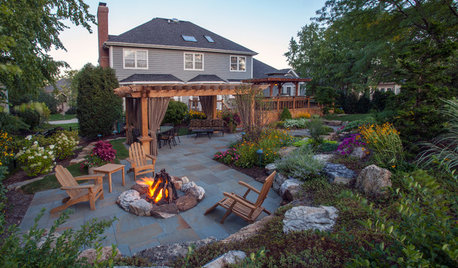
GARDENING AND LANDSCAPING3 Ways to Bring the Heat to Outdoor Living Spaces
Here’s what to know about surviving winter’s bite with an outdoor fireplace, fire pit or heat lamp
Full Story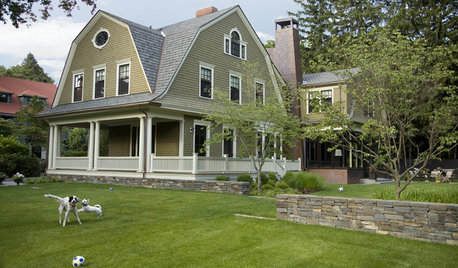
PETSSo You're Thinking About Getting a Dog
Prepare yourself for the realities of training, cost and the impact that lovable pooch might have on your house
Full Story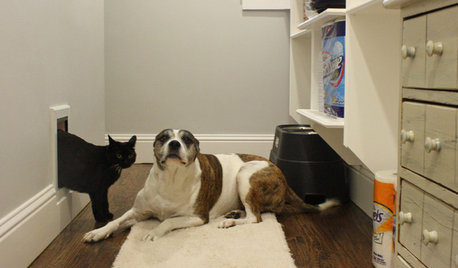
PETSPet-Proofing Your Home: A Room-by-Room Guide
Not all pet dangers are obvious. Keep furry friends safe and sound by handling all of these potential hazards
Full Story
PETSGarden Alert: 22 Plants to Keep Away From Pets
Avoid potential danger by keeping dogs and cats away from these landscaping and houseplant favorites
Full Story
PETS5 Finishes Pets and Kids Can’t Destroy — and 5 to Avoid
Save your sanity and your decorating budget by choosing materials and surfaces that can stand up to abuse
Full Story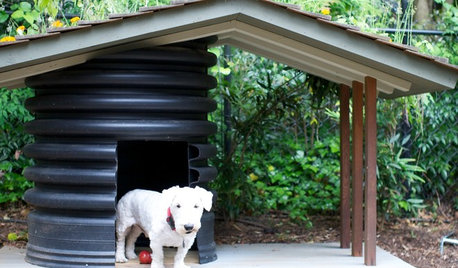
PETSHow to Help Your Dog Be a Good Neighbor
Good fences certainly help, but be sure to introduce your pup to the neighbors and check in from time to time
Full Story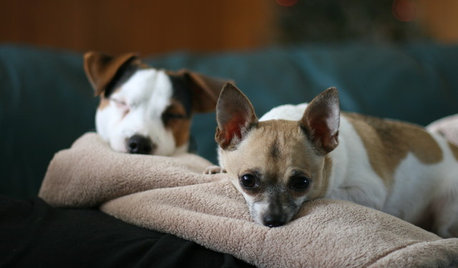
PETSHouzz Pets Survey: Who Rules the House — Dogs or Cats?
New data shows that pets make people happy, and pet owners love spending big to return the favor
Full Story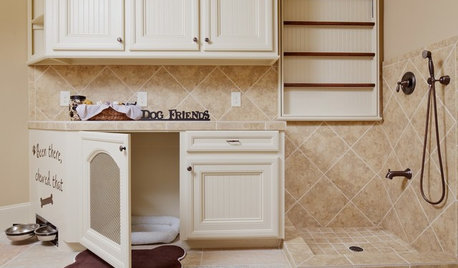
PETSThe Crate Conundrum: A Safe Place for Your Pooch
Get ideas for a comfy den for your dog that works well with your space too
Full Story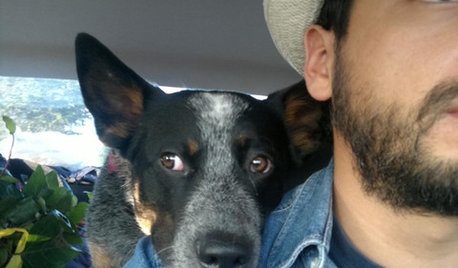
PETS50 Dog Photos Worth a Wag
Design hounds: Share in the pet love with Houzzers' snapshots of their beloved dogs at home, in the workshop and at play
Full Story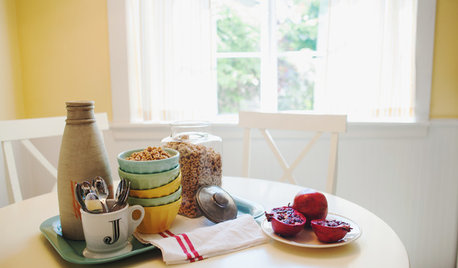
LIFEModern Manners for Conflict-Free Family Visits
Avoid thermostat wars, pet peeves and the great shower squeeze with these tips for having family as houseguests
Full StoryMore Discussions


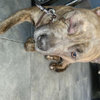
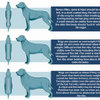
User
nycefarm_gw
Related Professionals
Four Corners Architects & Building Designers · Washington Interior Designers & Decorators · North Myrtle Beach Furniture & Accessories · Gages Lake Furniture & Accessories · Highland Park Furniture & Accessories · Hoffman Estates Furniture & Accessories · Lackawanna Cabinets & Cabinetry · Universal City Cabinets & Cabinetry · Avon Flooring Contractors · Fishers Flooring Contractors · Middleburg Flooring Contractors · Nashville Flooring Contractors · New Rochelle Flooring Contractors · River Edge Flooring Contractors · South Lake Tahoe Flooring Contractorscindyb_va
Elly_NJ
freezetag
kitcatclubOriginal Author
mazer415
cindyandmocha
kitcatclubOriginal Author
luvdogs
User
kitcatclubOriginal Author
User
cindyandmocha
betsyhac
viridis
cindyandmocha
Georgysmom
cindyxeus
kitcatclubOriginal Author
cindyb_va
rosecorgis
kitcatclubOriginal Author
murraysmom Zone 6a OH